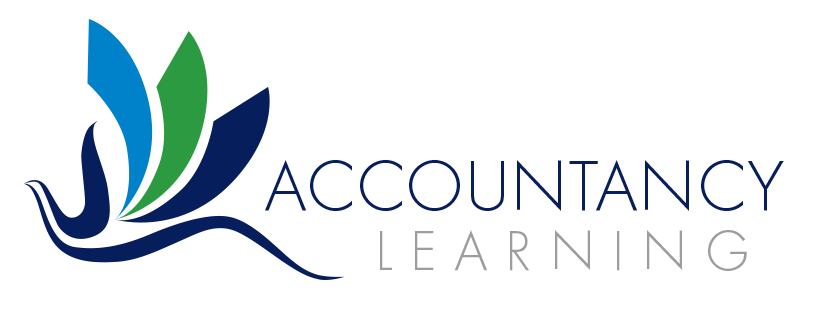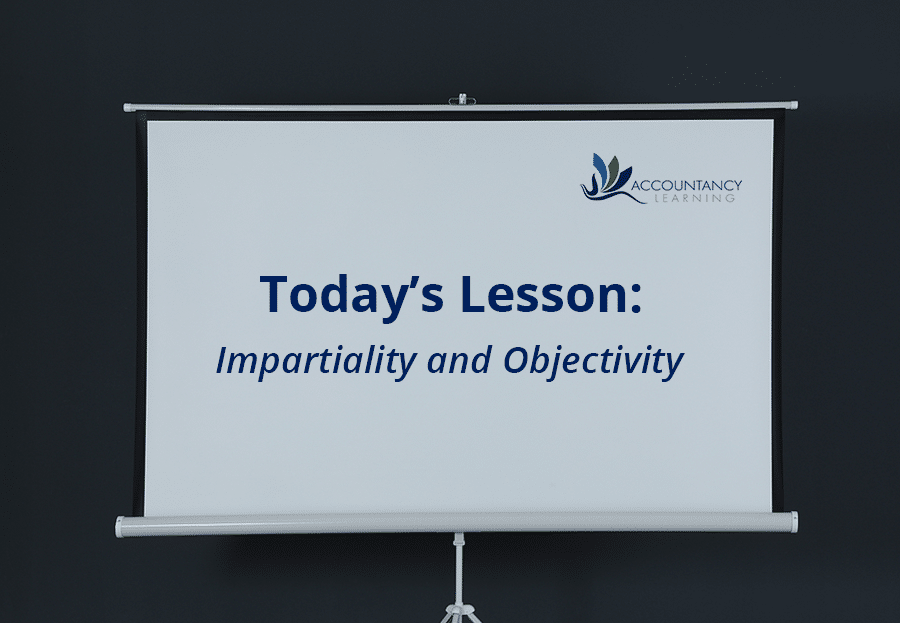We All Have a Part to Play in This
Gary Lineker and his Tweets have caused a furore in the press in recent days. The comments that he made about the Asylum Bill have called into question the impartiality of the BBC and, as the huge press interest has shown, this is a big deal.
There are very few, if any, celebrity accountants. The only one I can call to mind is The Accountant in the film of the same name, in a plot with distressingly little number-crunching, in my view. There are unlikely to be any accountants filling screens and pages for tweeting controversial views that are said to challenge impartiality.
However, just because accountants don’t make headlines, that doesn’t mean that we can ignore this matter. If you replace the word ‘impartiality’ with the word ‘objectivity’, you should begin to see the relevance of this affair for all of us.
Impartiality and Objectivity – Are they the same thing?
A dictionary definition states “Impartiality – not favouring one more than another, unbiased, fair, just”. Now let’s remind ourselves of the fundamental ethical principle of objectivity, which is stated to be “ An outlook which is essentially objective, obtained by being free minded and free from conflicts of interest”. Clause 120.1 of the AAT Code of Professional Ethics states that “The principle of objectivity imposes an obligation on all members not to compromise their professional or business judgement because of bias, conflict of interest or the undue influence of others.”
Although impartiality and objectivity are not exactly the same thing, note that word ‘bias’ which is mentioned in both the definition of impartiality and the AAT Code’s description of objectivity. Although not identical, the BBC’s need for impartiality and the accountant’s need for objectivity, share a lot of common ground.
Introducing… Independence!
The issue for the BBC is that Gary Lineker’s tweets suggested that he opposed the government’s bill. In other words, he was demonstrating bias. Should he have kept his views to himself? His high profile and long association with the BBC may lead people to think that his opinions and those of the BBC are one and the same. By stating his personal opinion for the world to see, he may be compromising the BBC’s independence.
What’s the Relevance to Accounting?
Independence is also a key factor for an accountant, enabling him or her to maintain objectivity in their professional life. There are two different aspects to independence. The first is independence of mind. This means that an accountant should only consider facts, points and issues that are relevant to the job being done.
More significant here is the concept of independence of appearance. In addition to maintaining objectivity and independence, an accountant must ensure that he or she is seen to be independent.
This means that any reasonable person coming into contact with the accountant must have confidence that he or she always behaves independently and objectively.
Let’s Put it into Practice
Gary Lineker publicly expressed views that were his own. However, his close links to the BBC have made it more difficult for the BBC to maintain that it is impartial. There is a risk to the BBC’s independence of appearance.
Without making any comment on the rights or wrongs of either Gary Lineker’s actions, or the response of the BBC, nevertheless this situation provides a good reminder of how important it is to maintain that objectivity and independence of mind and appearance if we wish to be sure of the trust of our clients and the public.
Our actions may not be broadcast across the media, but they may affect the reputation of ourselves and our employers and risk bringing our profession into disrepute.
The Principles of Professional Ethics are covered in the AAT’s Level 3 Diploma in Accounting.
If you have any questions, please get in touch with us, we are always happy to help.
Call us: 01392 435349
Email us: [email protected]
Message us: Facebook
Pat Leahy






